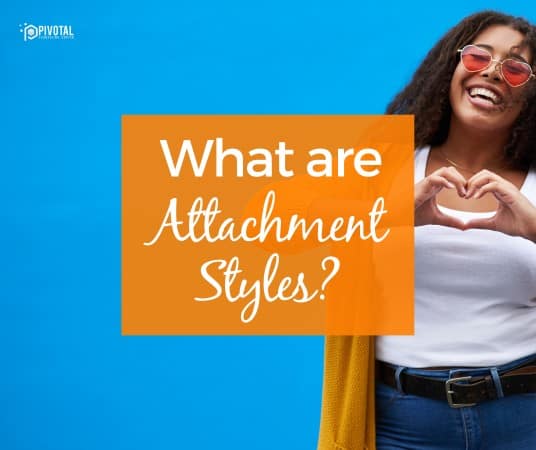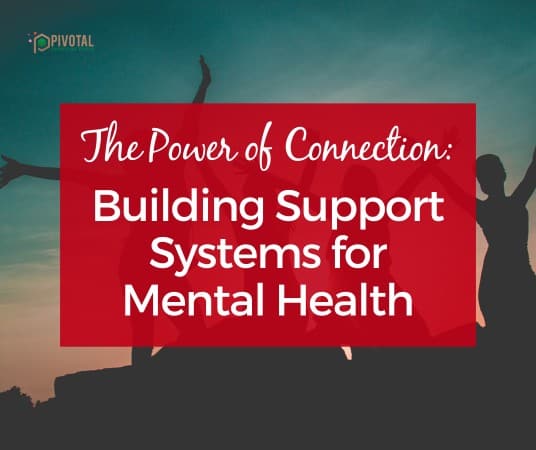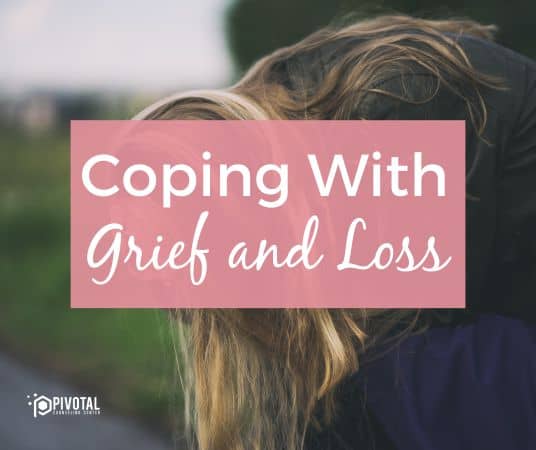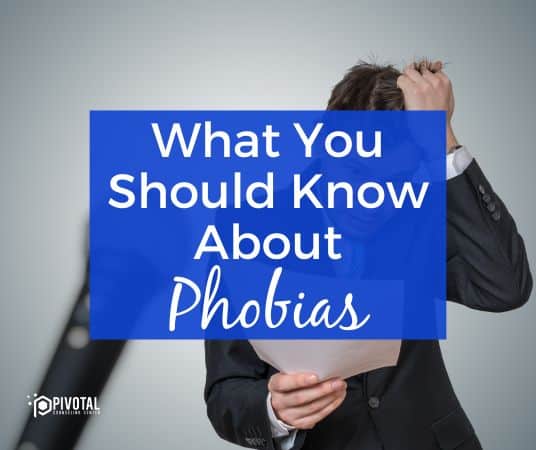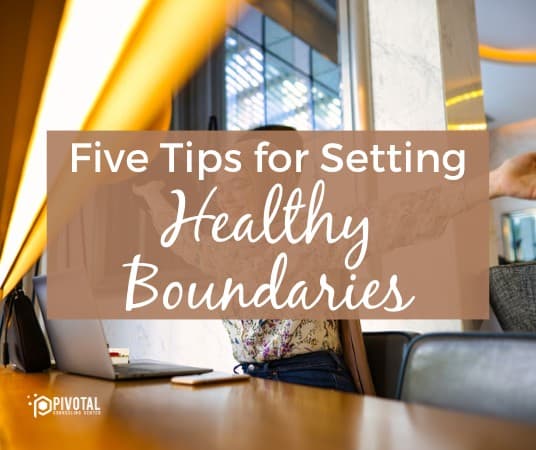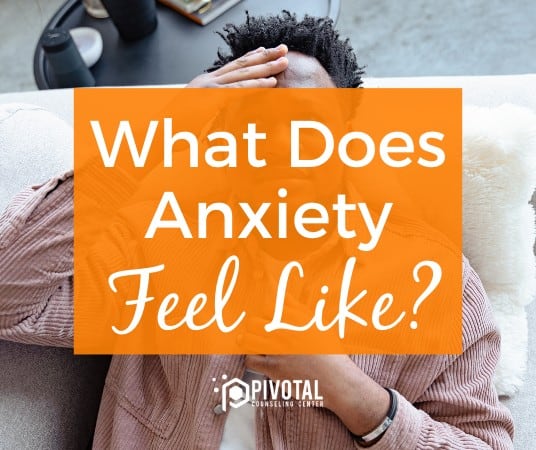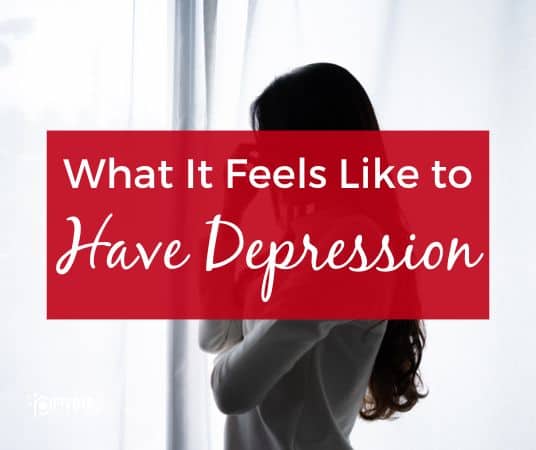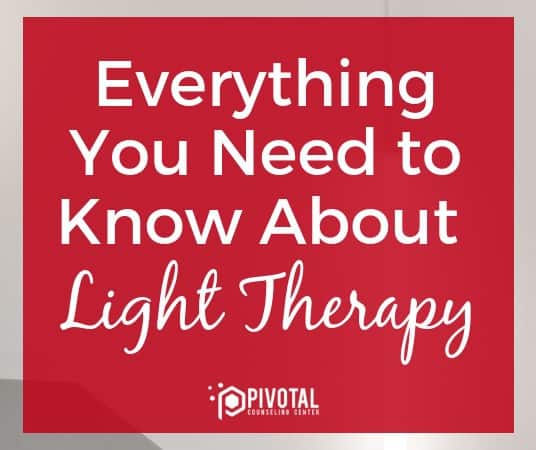
You may have heard this before, but winter is coming. As the cold months set in, it’s time to think about the harsh conditions that winter brings and how we can protect ourselves. Physical health is not the only aspect to consider – remember to look after your mental and emotional health as well. The dark, cold and often isolating months can take a toll on mental health that feels severe even to the strongest people. Winter is the most common time for what is known as Seasonal Affective Disorder, and light therapy is a common treatment for it.
What is Seasonal Affective Disorder?
According to the National Institute of Mental Health, “Seasonal Affective Disorder (SAD) is a type of depression that comes and goes with the seasons, typically starting in the late fall and early winter and going away during the spring and summer. Depressive episodes linked to the summer can occur, but are much less common than winter episodes of SAD.”
In the winter, there is less sunlight available, and it is harder to get the Vitamin D that you need to maintain many bodily functions, including your ability to regulate emotions.
SAD can impact people of all ages, of all genders and to varying degrees. SAD is characterized by its emergence as the darkness gets more profound through the colder months. It sets in the fall and then begins to fade again in the spring when there is more consistent sunshine.
One of the most common treatments for SAD is light therapy. It could make the difference that you’re hoping for this coming winter. Here’s what you need to know about light therapy:
What is light therapy?
Light therapy is a natural kind of treatment that can be a great option for those that are particularly impacted by SAD. The treatment consists of home-based light boxes that are designed specifically to provide the kind of light we are lacking in the winter.
There are many kinds of boxes out there that are different sizes, different wattages, and different prices. The important thing is to have a professional help you find the right one for you and your needs. It’s important that you remember to consult your family doctor before beginning light therapy. While it’s fine in most cases, there are some conditions that you shouldn’t use light therapy with, such as glaucoma, cataracts, or eye damage from diabetes. It’s also important to follow the directions specific to your light box. If you don’t, you may have adverse reactions such as inducing manic symptoms for those that have bipolar disorder.
How can light therapy help?
It can ease SAD symptoms:
SAD symptoms are similar to those of depression, including low mood, lethargy, and fatigue. Using the light box at the right times of day for the right time intervals can help ease the symptoms of SAD. This type of treatment can help boost your energy to help you get through the day. It’s important to note that this is not a “cure”, it’s simply meant as a helper when SAD sets in.
Less exposure to UV light:
A light box is also beneficial because it offers you light therapy with less UV light than the sun. Many of the brands are designed to filter as much UV light out of them as possible. This will allow you to enjoy its therapeutic effects without having to worry about adverse health conditions that result from exposure to UV light.
Can work alongside medications:
You can often use light therapy even if you are taking medication or undergoing therapy for depression. Light therapy treatment can complement many other treatments to enhance your overall health. Make sure to check with your physician about any possible adverse effects with any of your current medications, of course!
The bottom line:
Light therapy won’t take away any and every care that you have. However, it can be beneficial in giving you a little extra zip in your step. It can help you to find the energy to get on with your day, even if it felt impossible before due to Seasonal Affective disorder. SAD is not something that you need to simply suffer through every winter. There are therapy options to help you through those dark days, one lumen at a time.
Pivotal Counseling Center has therapists who specialize in depression, anxiety, and other mood disorders. We have locations in Woodstock, Illinois, and Lake in the Hills, Illinois. If you are in need of someone to help, please consider giving us a call at (815) 345-3400.


